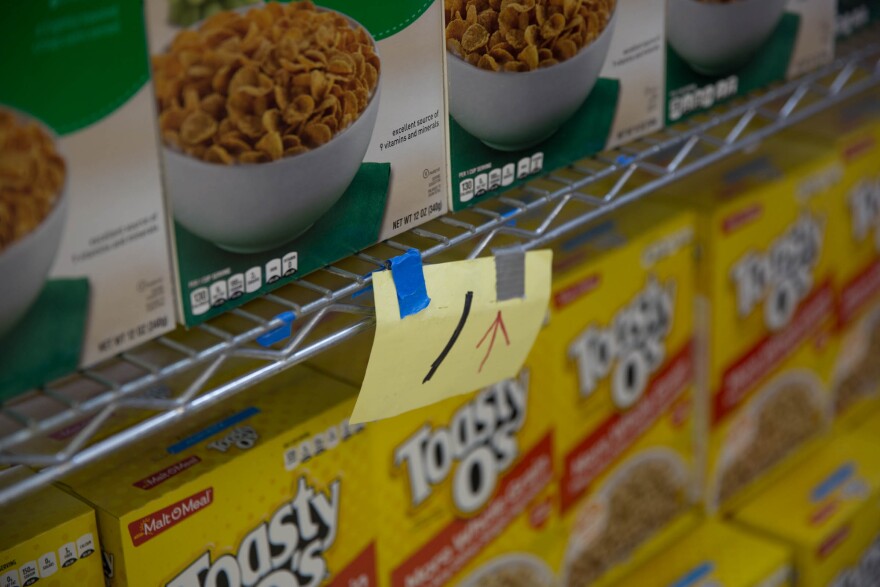When the massive omnibus spending bill was passed by Congress and signed by President Donald Trump last month, Community Development Block Grants actually received an eight percent funding increase through September 2020.
That was a big reversal of fortune -- the spending bill proposed by Trump earlier this year would have zeroed out CDBG for fiscal year 2019.
“If Trump was successful in eliminating the CDBG program, you would have dozens of nonprofits all around the state who would shut down or have to severely curtail services,” said Connecticut Senator Chris Murphy.
CDBG are grants given by the federal government to municipalities all over the country. They’re a vital resource to many communities. Murphy said Congress ignored the president’s proposal and in the process, CDBG cuts were pulled off the table.
Colleen Letizia is someone who needs help putting food on the table. She turns to a nonprofit in Waterbury called The Greater Waterbury Interfaith Ministries (GWIM). Letizia said she followed the news about potential CDBG cuts because she worried about funding for GWIM.
“If this funding wasn’t here, I would’ve went hungry,” Letizia said. “There’s certain things maybe they could cut back on, but not a soup kitchen where people are in need of food.”
GWIM received $51,062 last year from Waterbury’s CDBG allotment. Director Barbara Ann Dublin said that money makes up about one-fifth of her operating costs per year.
“We get an immense amount of money from CDBG and CDBG is our lifeline to the folks and families in need,” Dublin said. “Without CDBG, I don’t know what we would do.”
The money is used to fund GWIM’s soup kitchen and food pantry on East Main Street.
“We purchase peanut butter. We purchase butter. We purchase parmesan cheese,” Dublin said as she looked into a massive refrigerator in GWIM’s kitchen. “We try to make the meal as wonderful and nutritious as we possibly can.”

Outside of the soup kitchen, there’s a big white storage container that Dublin calls The White House. There’s racks upon racks of shelving that holds boxes of cereal, bags of rice, and canned vegetables among other things.
“When we can’t offer them soup kitchen meals, they’re still hungry (breakfast and dinner),” said Tim Epperson, GWIM’s food pantry coordinator. “We actually have a kid’s corner section too that once April vacation starts in a week, we will have it fully stocked with children’s cereal which is also another thing that we’re using CDBG money for to buy granola bars or fruit snacks -- anything that a kid would love.”

How it works is that when The White House is fully stocked at the end of the month, needy families are invited in to pick through the pantry. There’s a number taped to each shelf that corresponds to how much of that item one person can have.
Colleen Letizia said that knowing she has help with food means she can afford other things.
“I mean I have enough money to pay for my apartment," she said, but "it’s one less thing I have to worry about.”
Letizia is one of about 600 people that benefit from the Waterbury nonprofit’s soup kitchen and food pantry. Dublin said that she sees 65 new customers a month.





